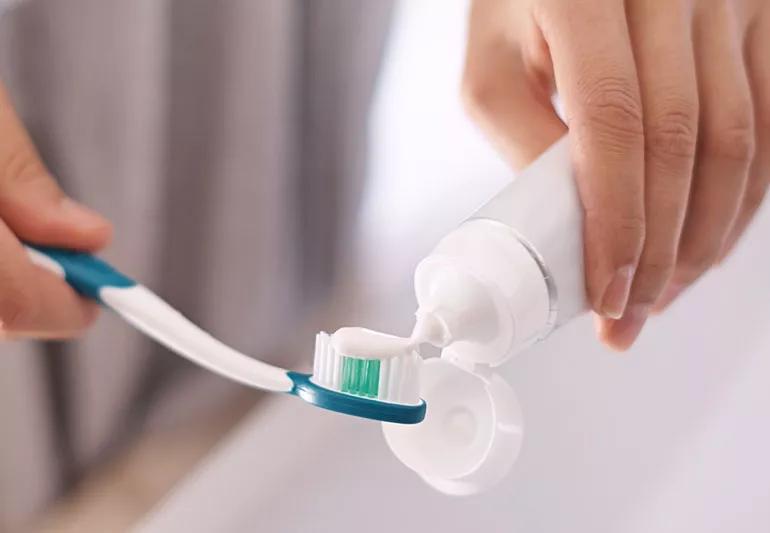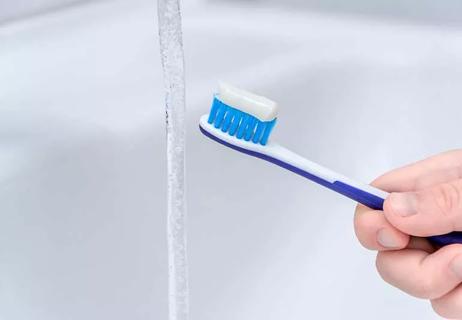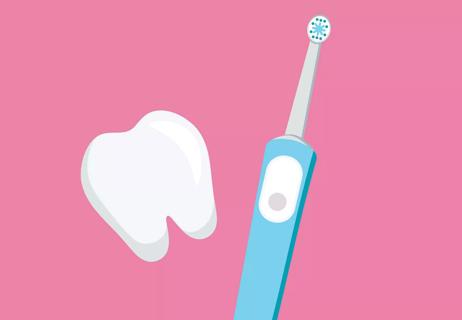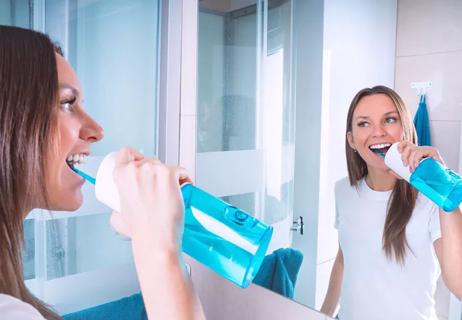Tricks to finding a toothpaste that really works

Ever find yourself staring at all the colorful boxes of toothpaste on a store shelf wondering which one is best for you? Well, here are some tips to help you make better-informed toothpaste decisions.
Advertisement
Cleveland Clinic is a non-profit academic medical center. Advertising on our site helps support our mission. We do not endorse non-Cleveland Clinic products or services. Policy
When you’re looking for toothpaste, you’ll find they make various claims about cavity protection, gingivitis, plaque, sensitivity, tartar, whitening and breath-freshening. To choose a good toothpaste for you, dentist Nathan Janowicz, DMD, shares some tips.
“For the best protection, find a toothpaste with at least 1,000 parts per million fluoride and the American Dental Association stamp of approval. Everything else is a matter of personal preference,” he says.
He says it comes down to how well the toothpaste cleans your teeth and how fresh it makes your mouth feel. Of course, specific toothpaste brands claim to offer various benefits. It can be confusing.
“Whitening toothpaste does work, although most don’t have enough whitening ingredients to get noticeable results in the short-term,” says Dr. Janowicz. “However, it may cause sensitivity with long-term use.”
If you have sensitive teeth, you have a couple of options. There are over-the-counter (OTC) sensitive toothpastes that are a little more affordable. Or you could pay more for a sensitive toothpaste prescription from your dentist.
“OTC sensitive toothpastes are proven to work very well,” he says. “I recommend using these as a starting point. However, if you are not getting the results you want, then ask your dentist about switching to a prescription-strength toothpaste.”
Advertisement
For any toothpaste, including toothpaste for sensitivity, you reap the benefits by not rinsing after brushing because it will allow the ingredients to be fully absorbed into your teeth and gums. Yet, people usually want to rinse. In addition, sensitive toothpaste typically doesn’t taste as good as the regular toothpastes.
“With any toothpaste, rinsing afterwards minimizes benefits because you are washing away the fluoride that helps re-mineralize teeth and help diminish sensitivity,” says Dr. Janowicz. “A good rule of thumb is no rinsing, eating or drinking until 30 minutes after brushing. I recommend brushing immediately before bed.”
A lot of brands on the shelves claim that their toothpaste can restore enamel. The truth is that it’s possible, but it depends on the condition of your teeth.
“As long as it is fluoridated toothpaste, the toothpaste will help restore enamel that has not yet decayed,” he says. “Once decay is present, though, all bets are off.”
You may also see various brands advertising that their toothpaste contains aloe vera. Again, you may wonder if that matters or adds any benefit to your oral health.
“There is little evidence that aloe vera helps reduce or fight plaque and gingivitis better than traditional toothpaste,” he says. “Moreover, some of those brands lack fluoride, which is an essential component of toothpaste.”
Relatively new to the market, charcoal toothpaste has become the latest trend to hit the product shelves and internet marketing campaigns. In general, you should avoid charcoal containing products on your teeth.
“Charcoal is abrasive, and there is little to no evidence that suggests that there is any benefit to using it,” he says. “If anything, charcoal can actually damage the enamel layer of your teeth and lead to increased long-term sensitivity.”
Remember, along with flossing, using a good toothpaste is an essential part of your daily dental care routine. The pastes, gels or powders enhance the brushing and cleaning power of your toothbrush. Be sure they contain fluoride so that they will effectively remove plaque, the bacteria film that forms on your gums and teeth after you eat.
Advertisement

Sign up for our Health Essentials emails for expert guidance on nutrition, fitness, sleep, skin care and more.
Learn more about our editorial process.
Advertisement

You might have a sensitive gag reflex — but gagging while brushing can also be a result of certain medical conditions

An old, worn toothbrush is a hazard to your teeth and gums and a breeding ground for germs and bacteria — replace it every three to four months at least

Done correctly, daily flossing can help keep your teeth and gums healthy

Bloody gums after flossing usually signal a buildup of plaque, tartar and bacteria

A variety of products can be effective at removing stains on teeth

Despite unfounded theories, fluoride has the power to make your teeth stronger

Studies show they do a better job than manual brushes at removing plaque and debris

This tool is an add-on to your regular brushing and flossing habits, not a replacement for them

Even small moments of time outdoors can help reduce stress, boost mood and restore a sense of calm

A correct prescription helps your eyes see clearly — but as natural changes occur, you may need stronger or different eyeglasses

Both are medical emergencies, but they are very distinct events with different causes